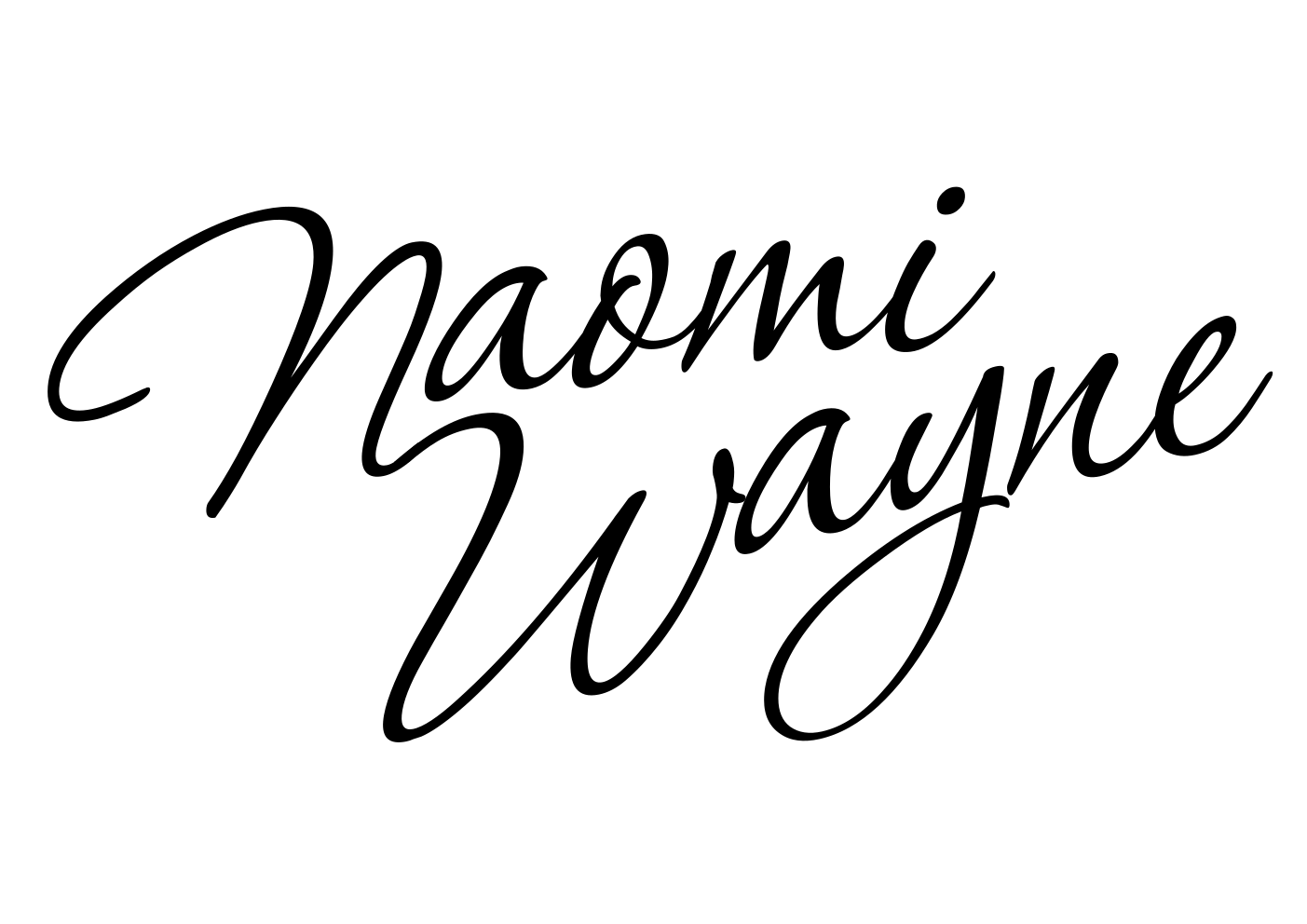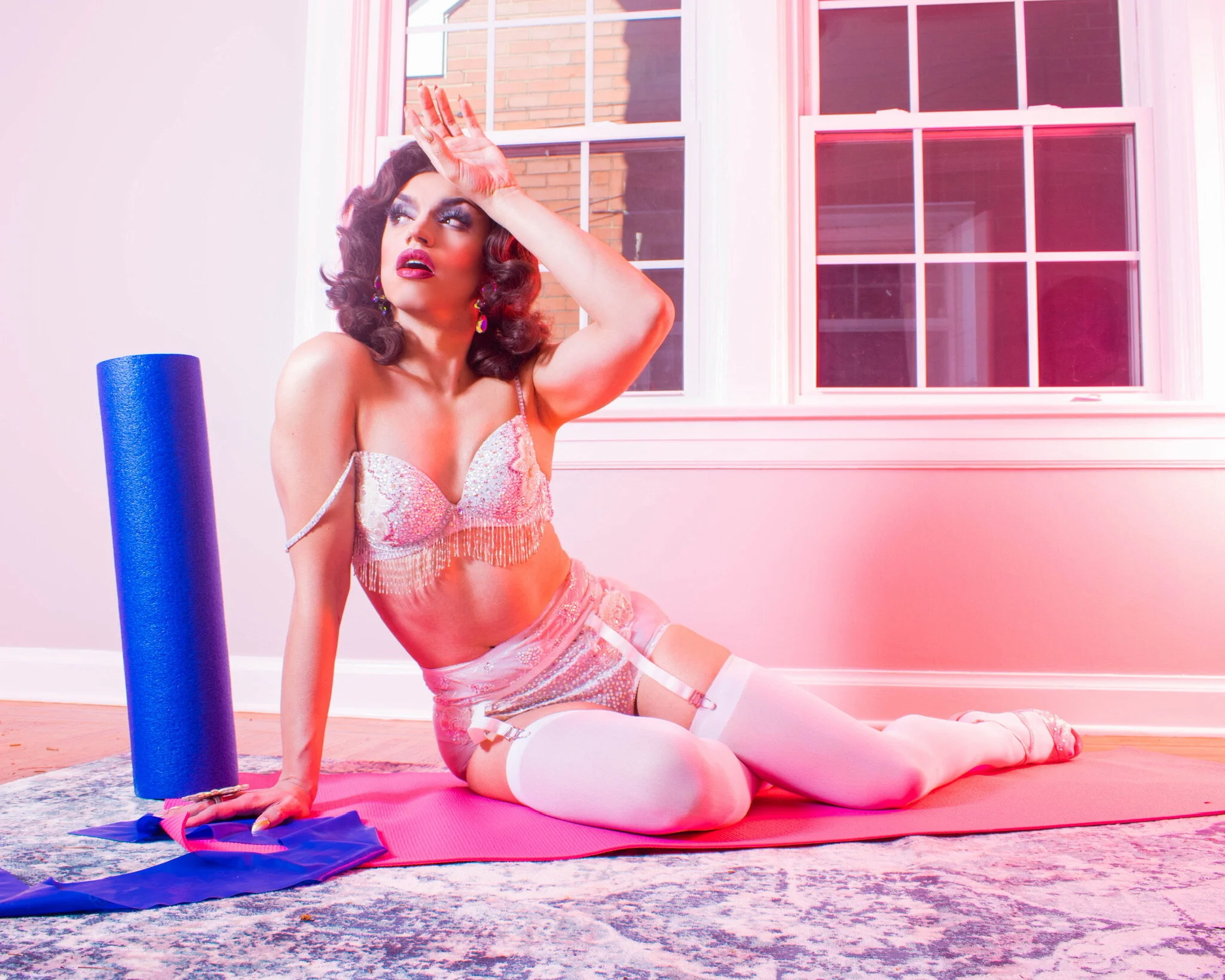Love Is A Verb
I was encouraged recently to pick up All About Love: New Visions, the first in a trilogy of books by the incredible bell hooks. My friend said to me, “She sees love as you and I do. You have to read it.” So I’ve begun, only in short bursts, to read these beautifully crafted pages. Something quickly came to the surface for me. Even without having read this work, I have been on the same page as bell hooks for a long time. We both assert that “love” is a verb.
Our culture tends to see love as a noun. You can feel “love”, you can have “love”, you can be in “love.” I can describe to you the way the noun “love” feels. It is a warmth and tenderness that I can feel in my throat, chest, and gut. It is a thread that pulls me towards someone, even when I cannot explain why. When that thread is severed, “love” can also feel like an emptiness, a great, yawning void which calls out to be filled. This noun, this “love”, can feel as if it disempowers us as often as it empowers us.
“Love” the verb, however, is strictly deeply empowering. I have sought to do the act of loving my entire life, tho I’m not always adept at it. To “love” is to see someone for all their cracks and crevices and to continue to choose to honor them with honesty, care, and service. To “love” is not simply to be sweet, tho I think sweetness is a flavor that suits love well. To “love” is a radical gift, a confronting gift. It is the choice to undo the walls that society encourages us to build up between us. It is the act of screaming, thrashing, and clawing our way into wholeness. To “love” in all the ways the word calls us to, can be deeply terrifying.
I have fought with many people in my life over definitions of love. I once had a partner describe love as a physical space that we built between us, one which we could return to at any moment. A lovely sentiment, but they treated that space much like they treated their own home, simply a base from which they traveled to all of the other spaces they wished to exist in. Untended and without the act of love continuing to fill this metaphorical space they described, things fell apart.
Another partner described love simply as the emotions they felt for me. At first, the emotions were hyper-present, sitting in the forefront of their consciousness. I received love songs, affirmations, and declarations that fell beautifully from their lips. Yet as we continued to build our life together, those feelings ebbed. I continued to practice the verb “love”, but because they could only see the noun, they were no longer sure if our bond remained. While they continued to stay within our partnership, they did not continue to steward that partnership. Eventually it too, ended.
I think many people do not know how to love. They know the noun beautifully. Our songs and our stories describe the word “love” with lightness and joy. Love is a many-splendored thing, love lifts us up where we belong, all you need is love, blah blah blah. I do not think these pieces of culture lie about love, but I think they do a disservice to it by missing crucial aspects of love. To love well and to receive the love we deserve, we must continue to learn how to love ourselves. I hate to give RuPaul more credit than she deserves, but “If you can’t love yourself, how in the hell you gonna love somebody else?” was a radical statement long before it was a shallow VH1 catchphrase.
In our loving relationships with our family, our friends, our romantic partners, our colleagues we are confronted with wounds and patterns that don’t serve us. In choosing to embrace “love” simply as a noun, and not as a powerful act, we may feel that yawning, gaping void within ourselves and run from it. We will see darkness and pain and not tend to it, because it doesn’t feel warm and sweet and light. In choosing to not act out love towards ourselves, we remain wounded, frightened, and alone. We seek the noun “love” to bandaid our wounds, when what we really need is the act of love to open them up, clean them out, and dress them over and over again until they start to heal.
As reductive as it may sound, I believe that this lack of understanding of “love” as a verb is at the root of our political strife right now. When confronted with the pain that our society causes black, brown, queer, femme, impoverished, and neurodivergent communities, many people only see the wound and the lack and the desperation and they run from it. How can a society be one of love and cause so much pain? Surely these people are simply entitled and we should not listen to them! Their anger doesn’t remind me of love! I won’t have it! Each time we are confronted by another’s pain which we have been instrumental to causing and we say, “Couldn’t be me. I’m a loving human,” we actually abandon our ability to love. It is a lie we tell ourselves to avoid confrontation and accountability, and that lie separates us further and further from other human beings.
The act of choosing to “love” in the face of those who do not understand it and do not seek to learn it is daunting and painful. Over and over again your heart will crack open and you will see into your deepest wounds and wonder if it is worth it to be confronted with the pain and darkness that lies under the surface of each of us. While I have been hurt so many times when loving others–friends, acquaintances, family–I must insist that it is worth it to continue trying. I can feel, deep in my soul, that the act of love is why I exist on this planet. I have, in a few instances in my life, thought that remaining here was too painful to keep choosing. However, when I returned to my faith in the act of love, those thoughts dissipated.
Love, the verb, truly does heal all.



